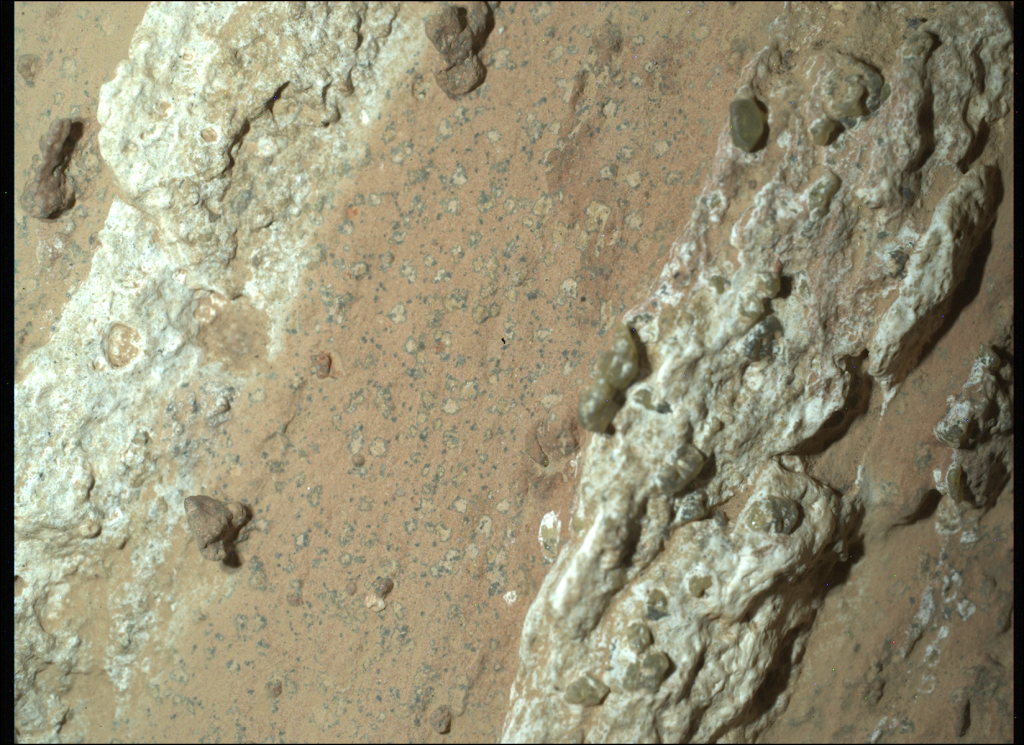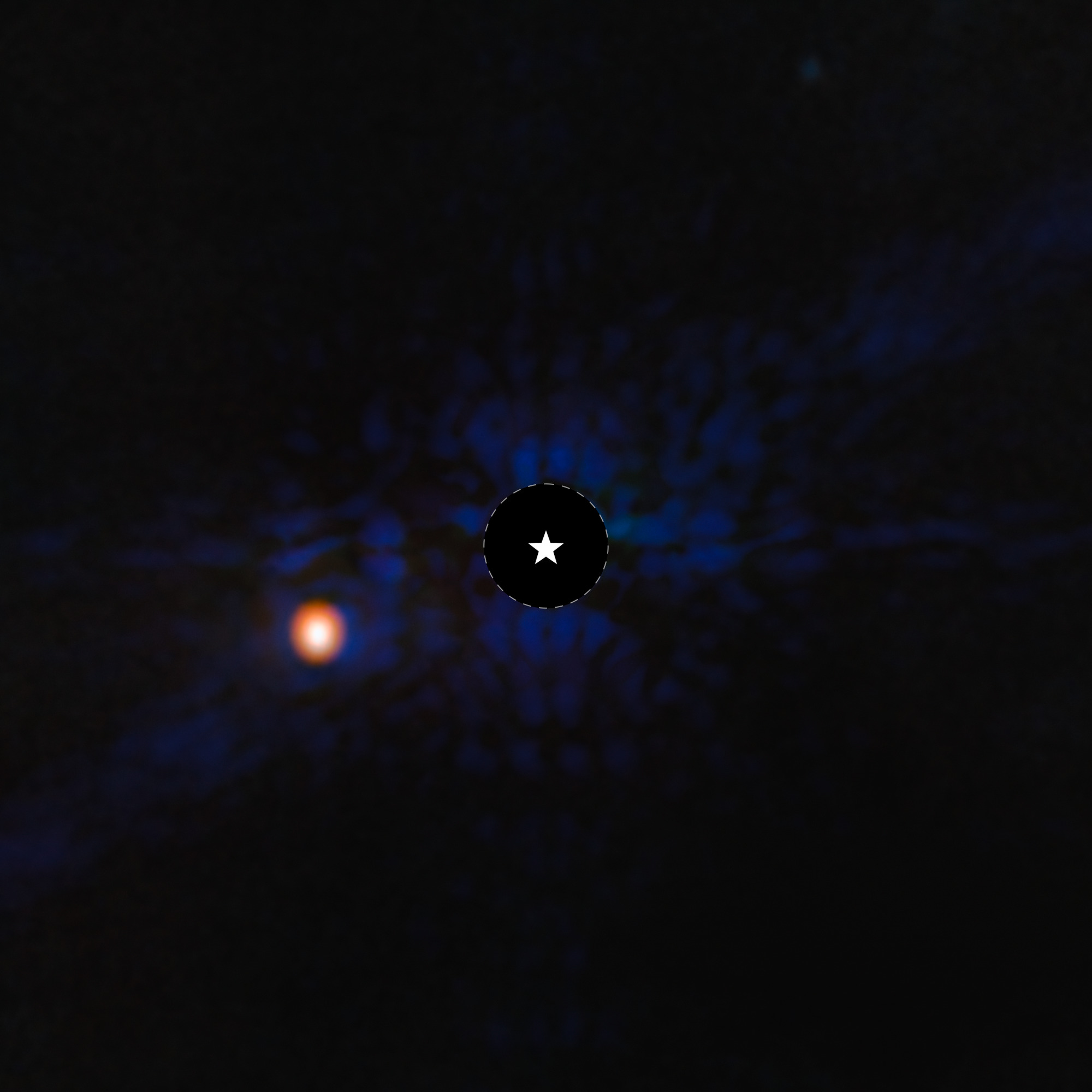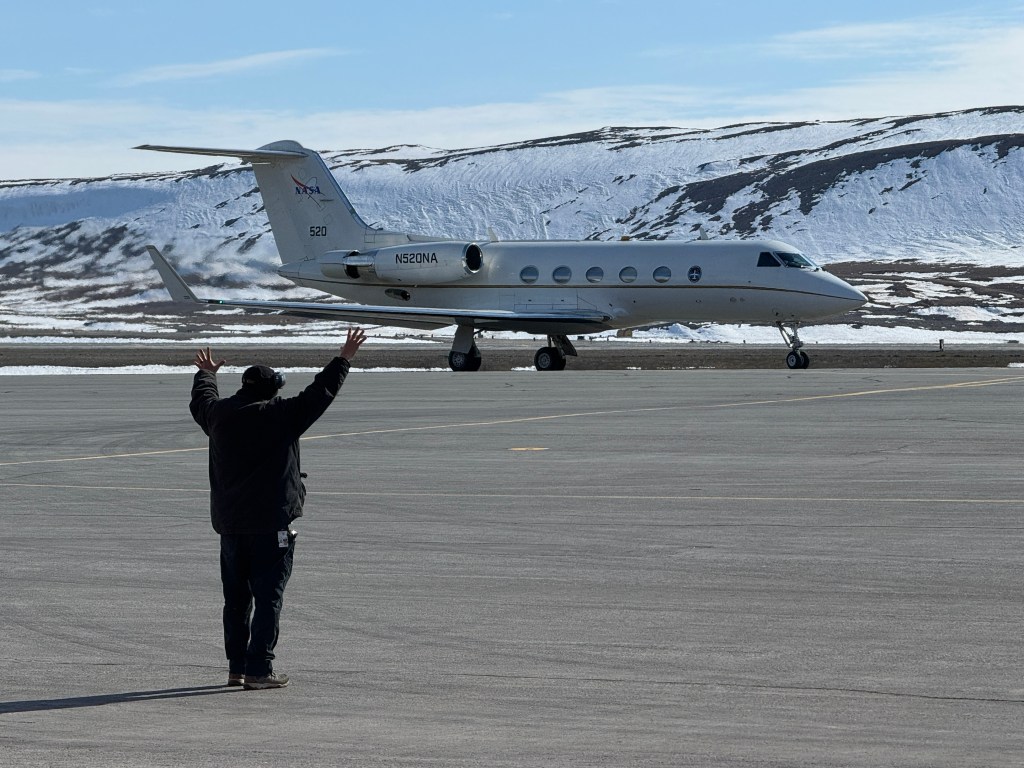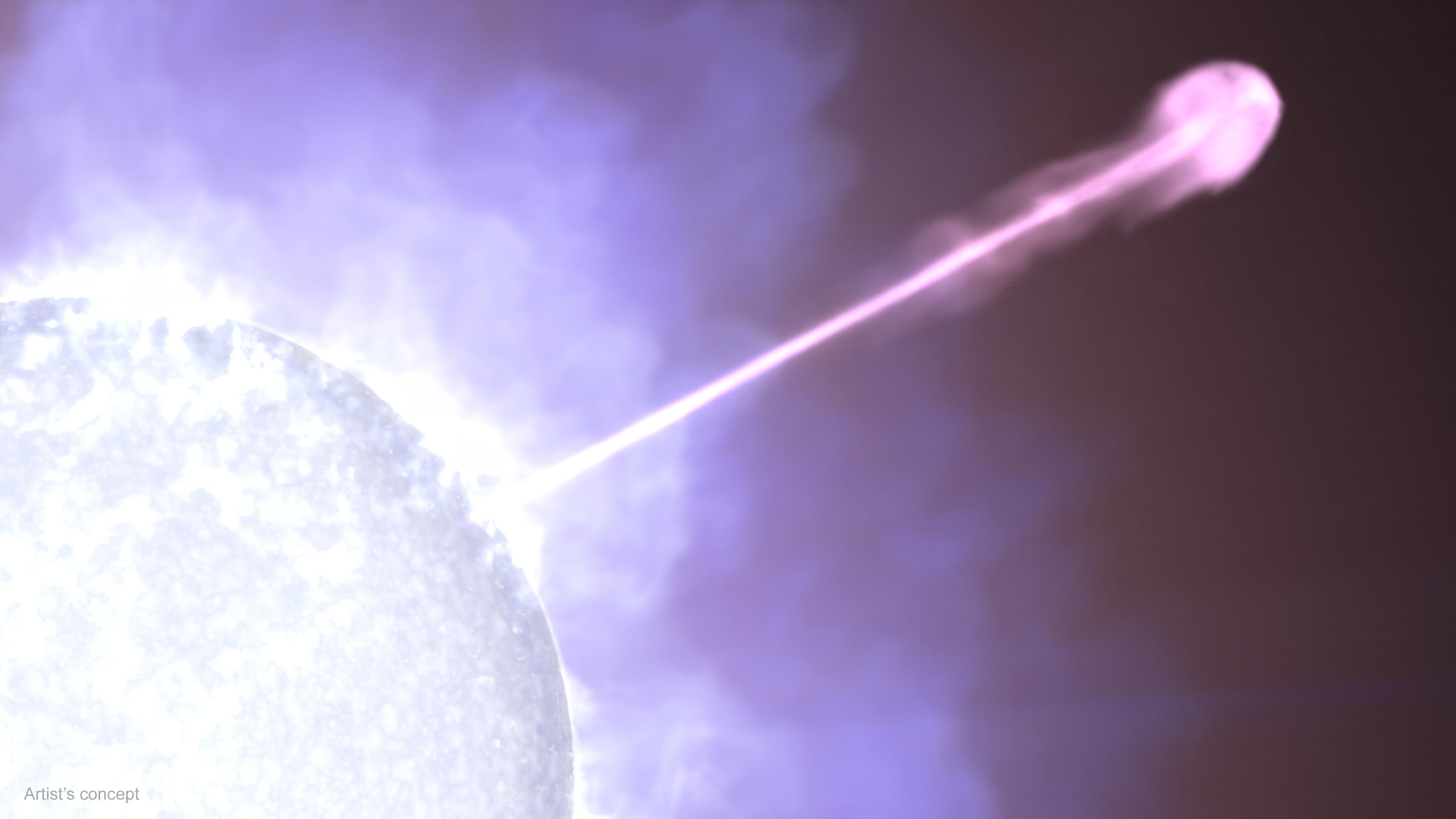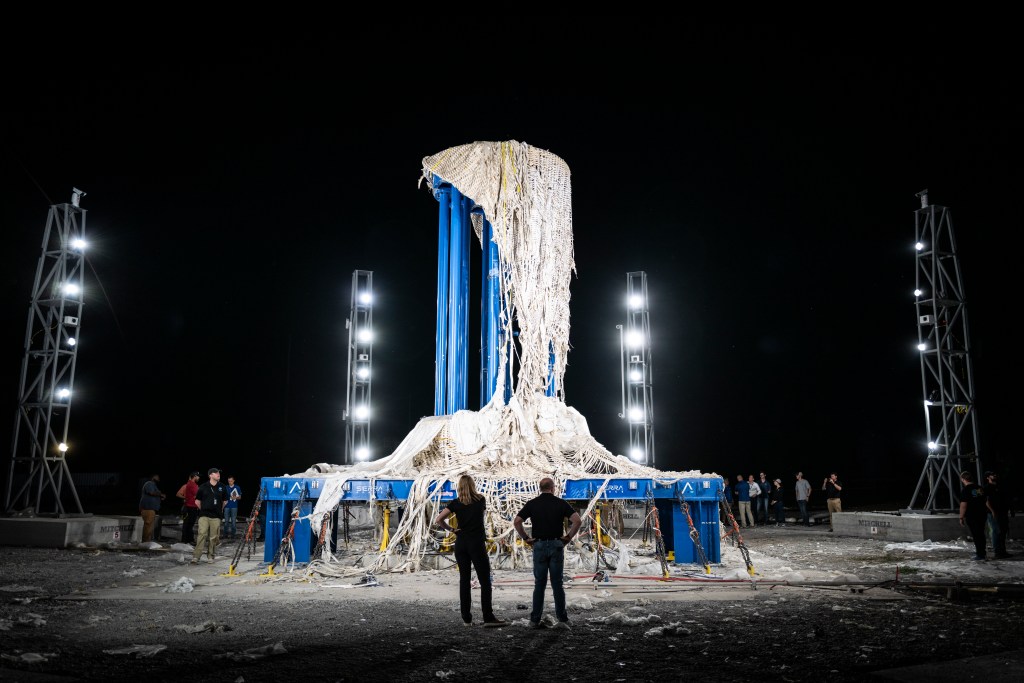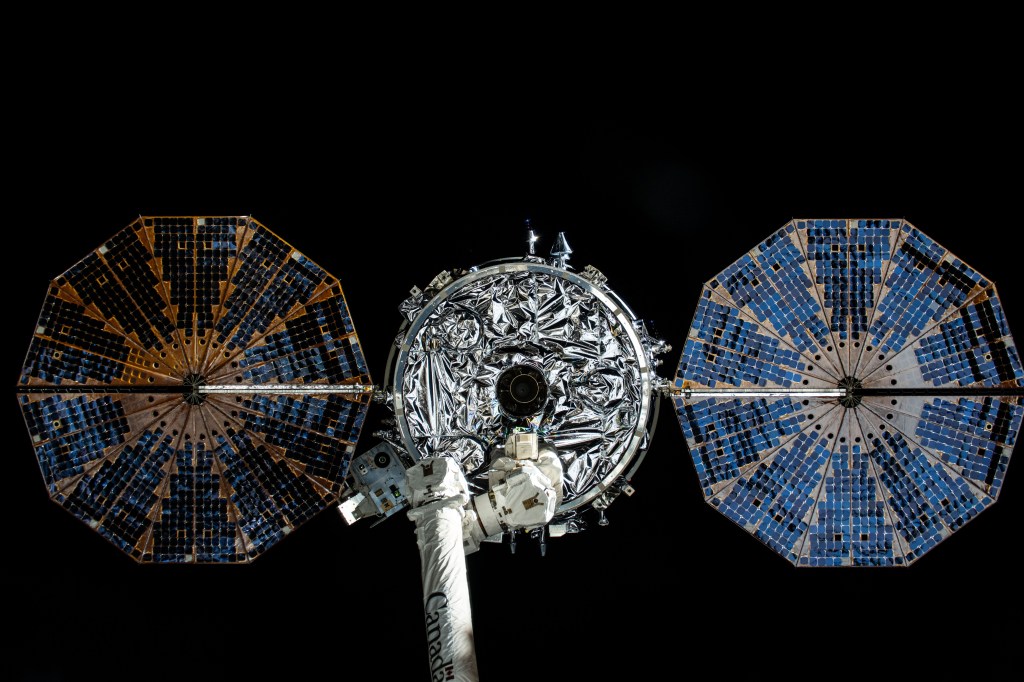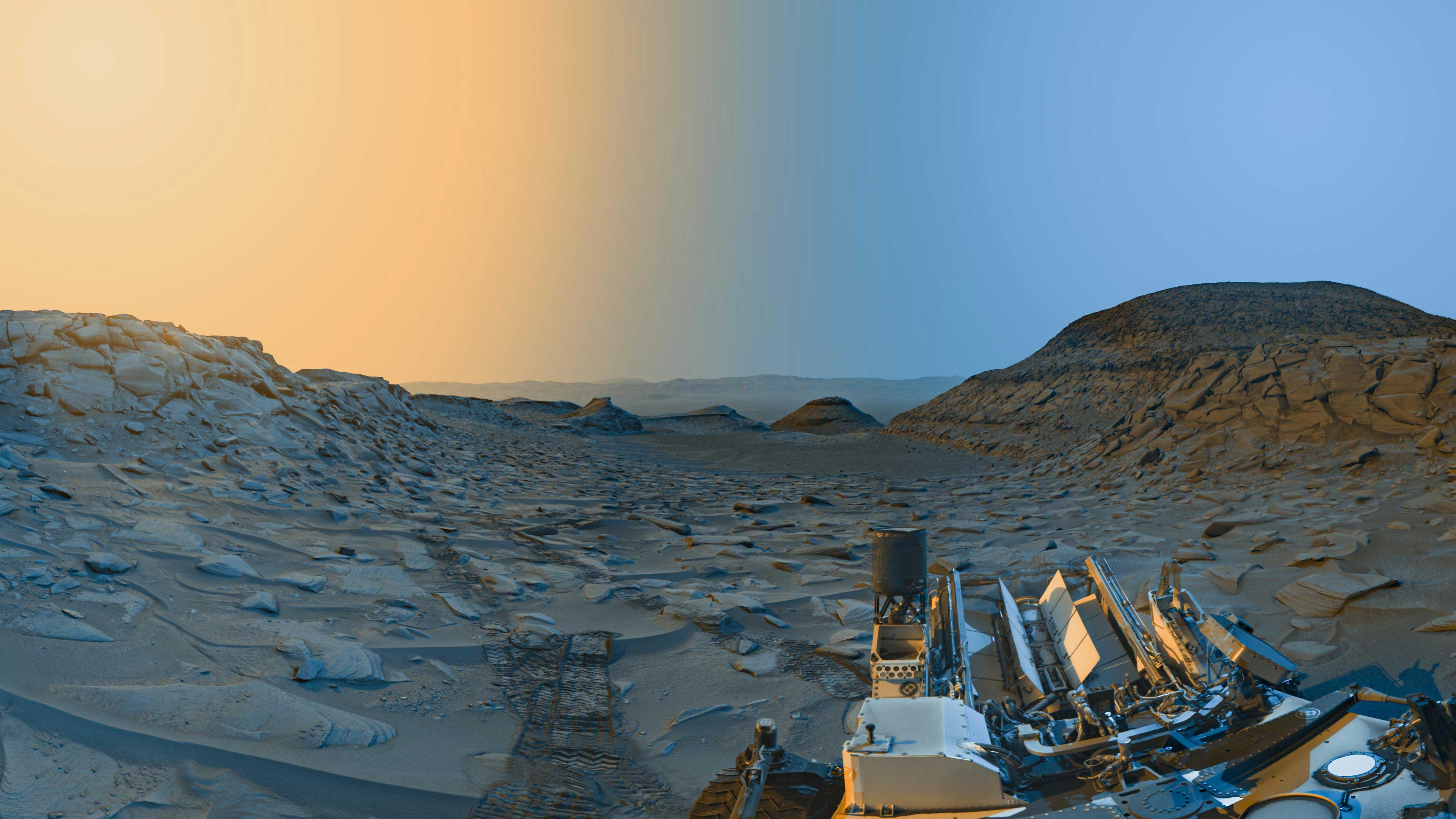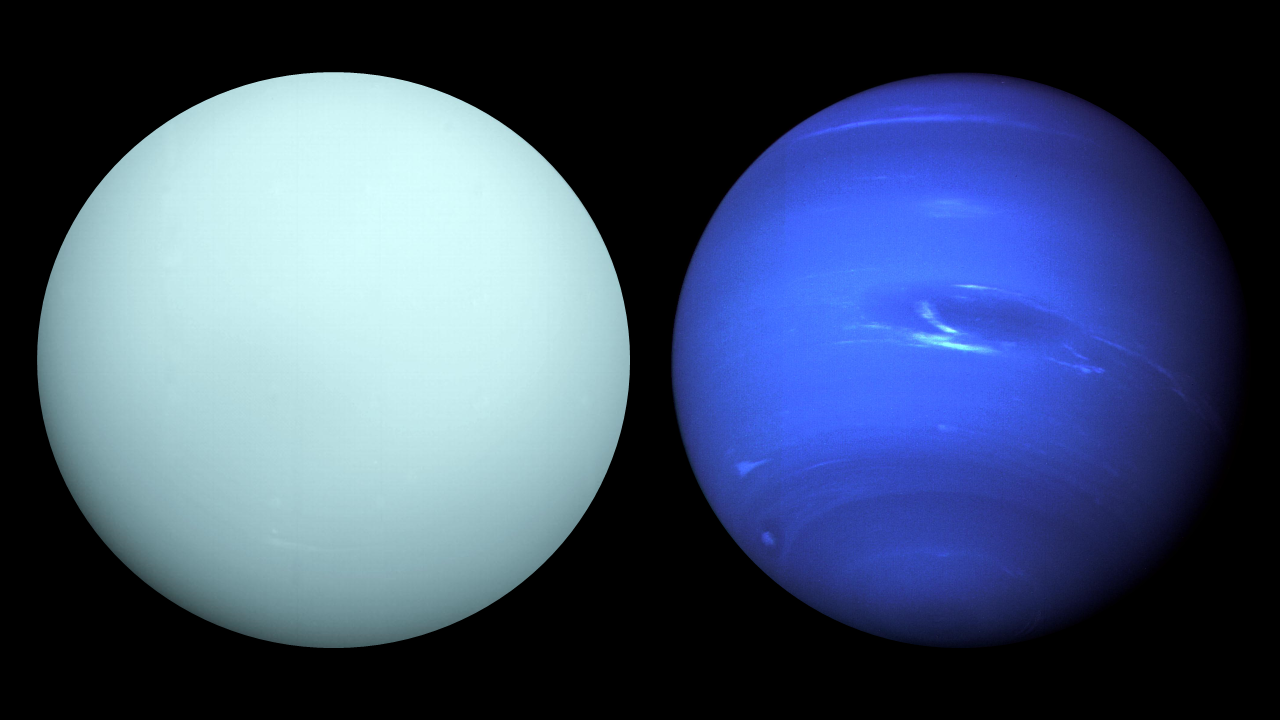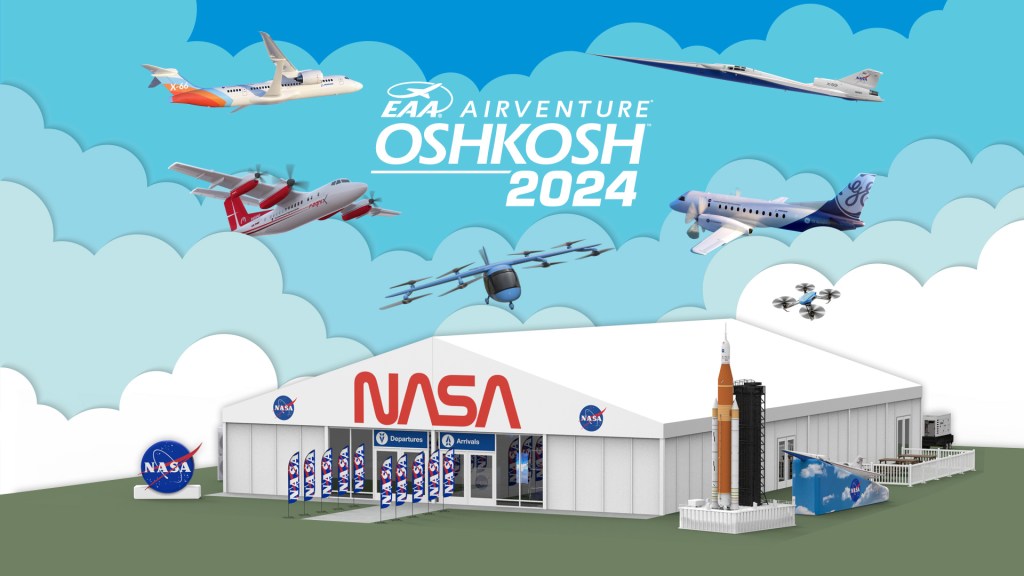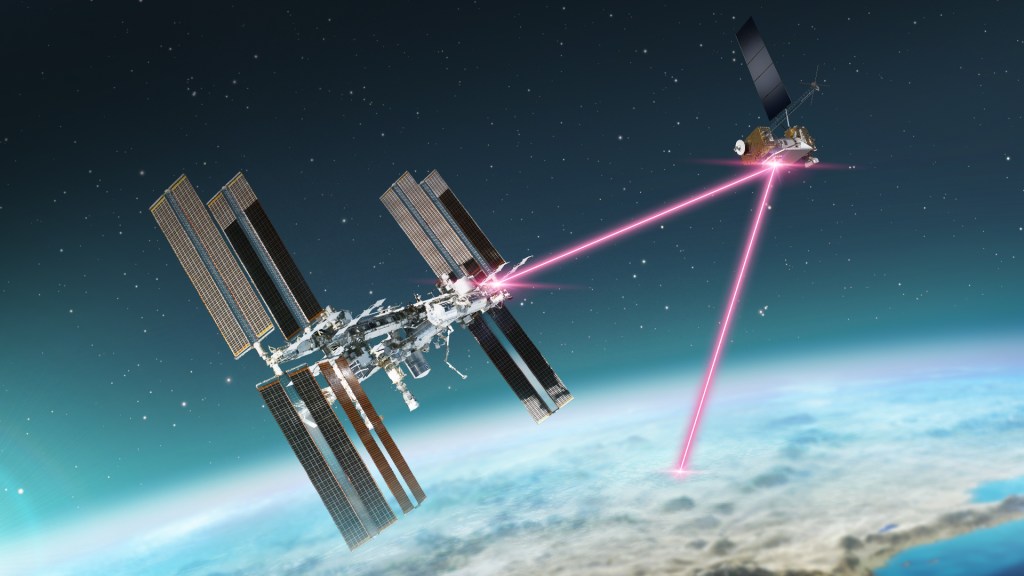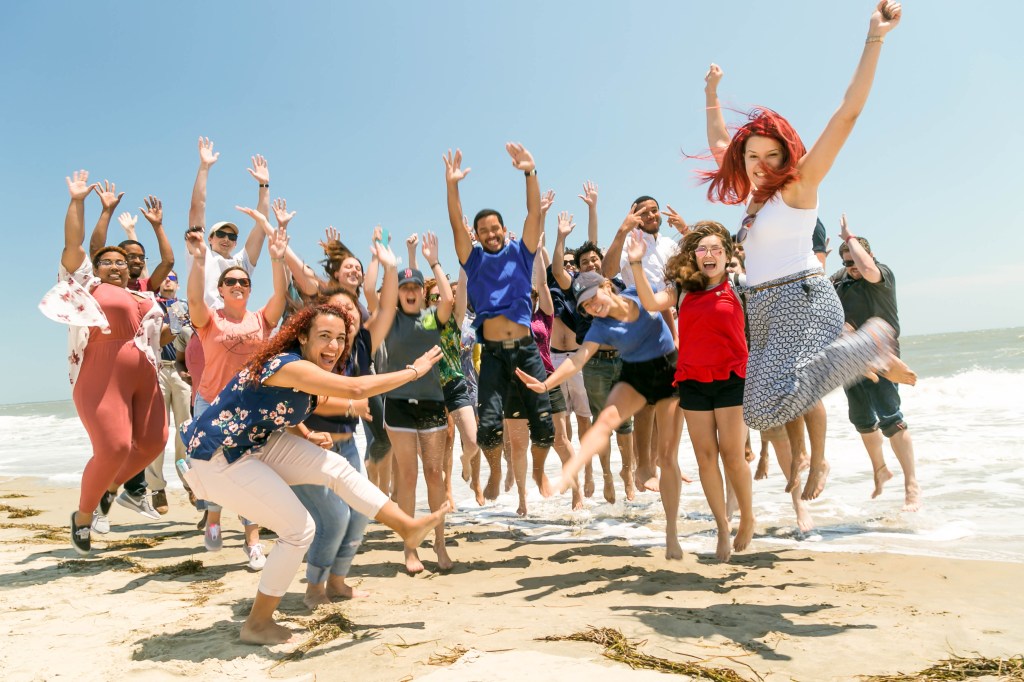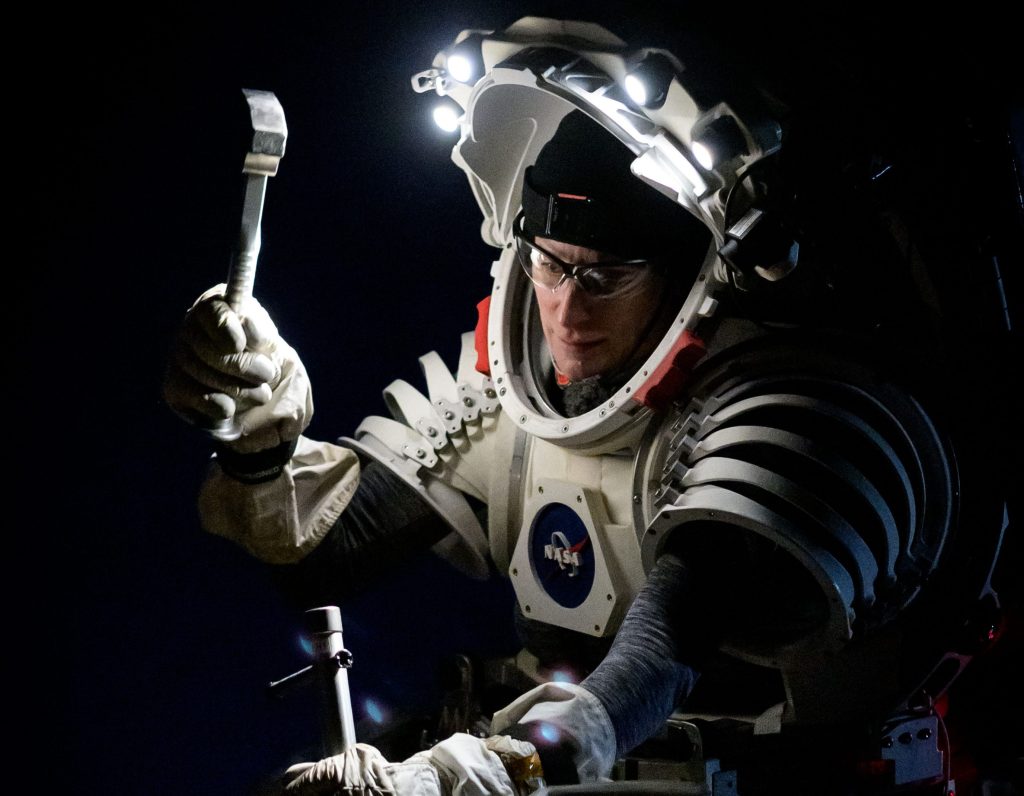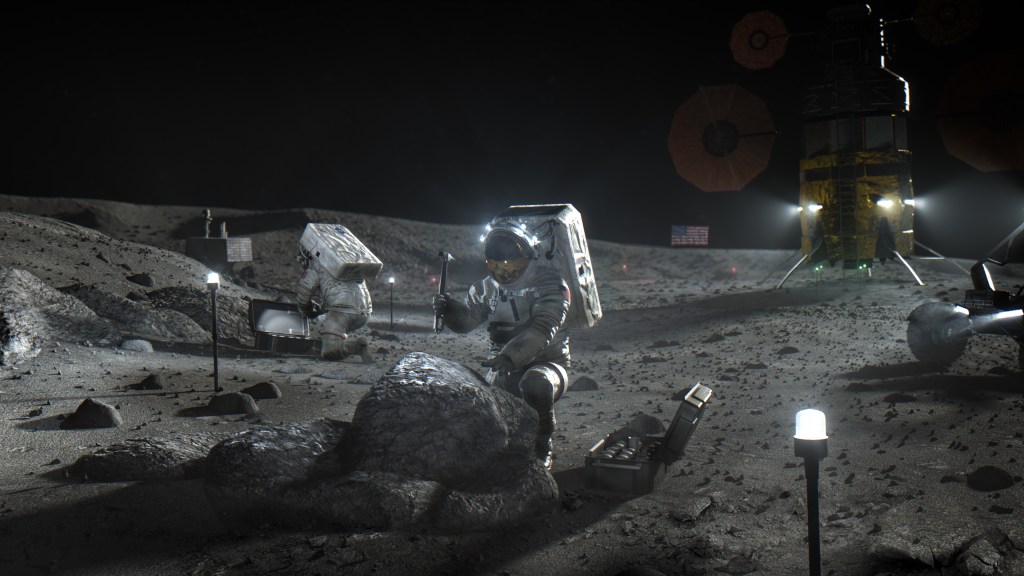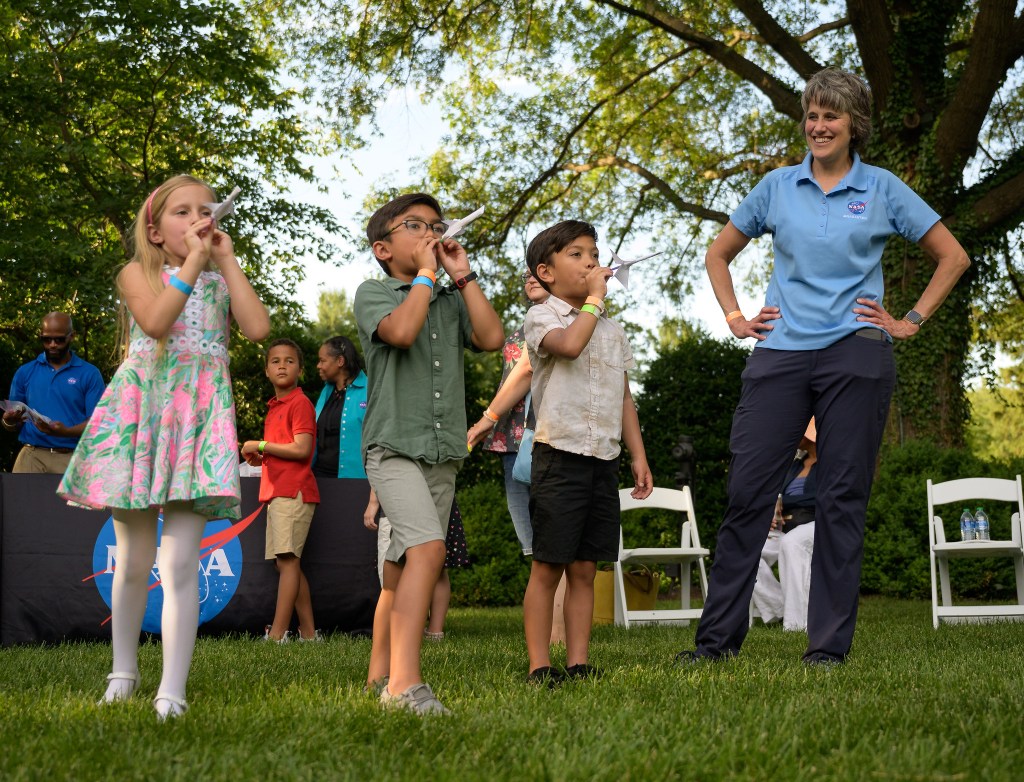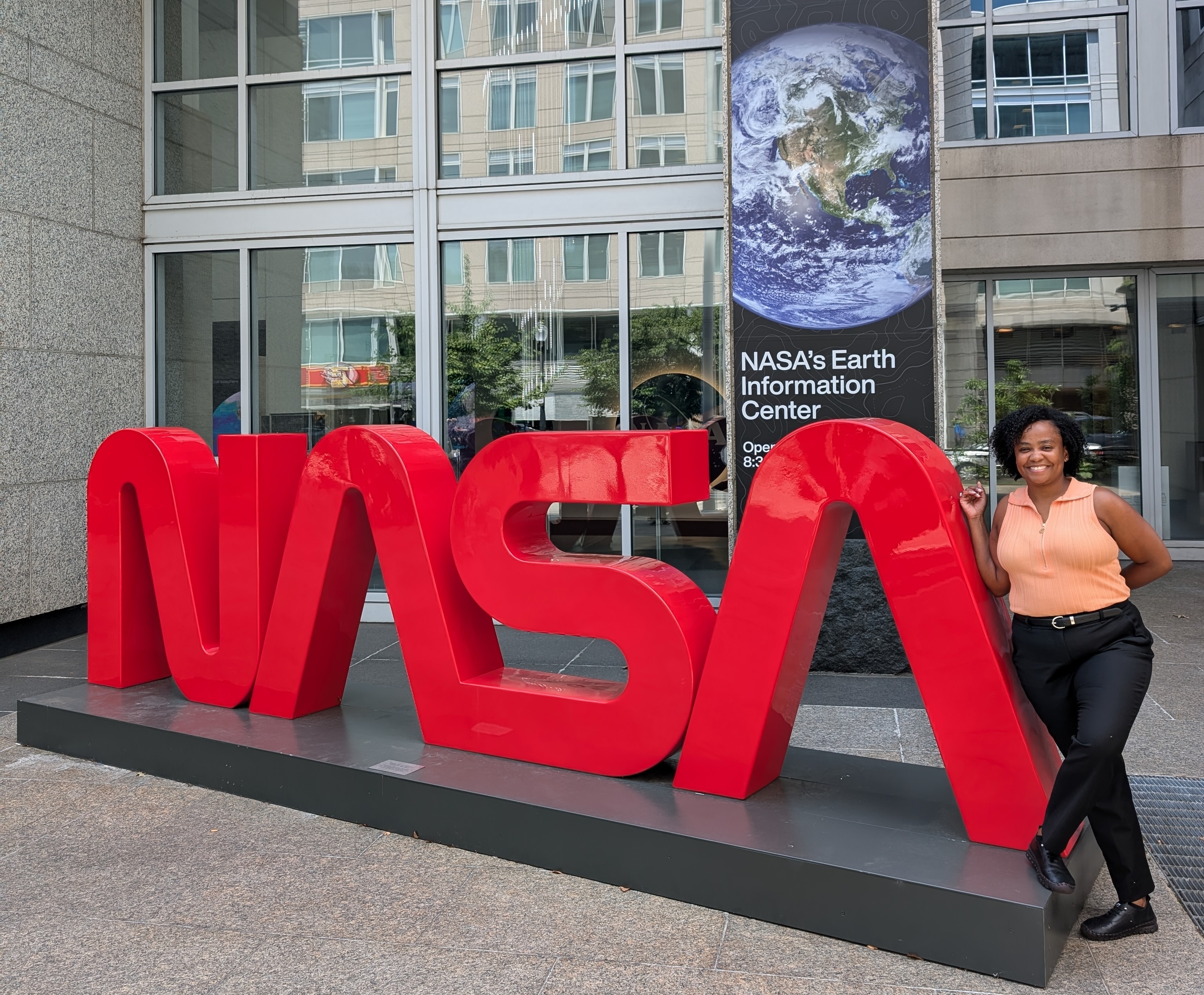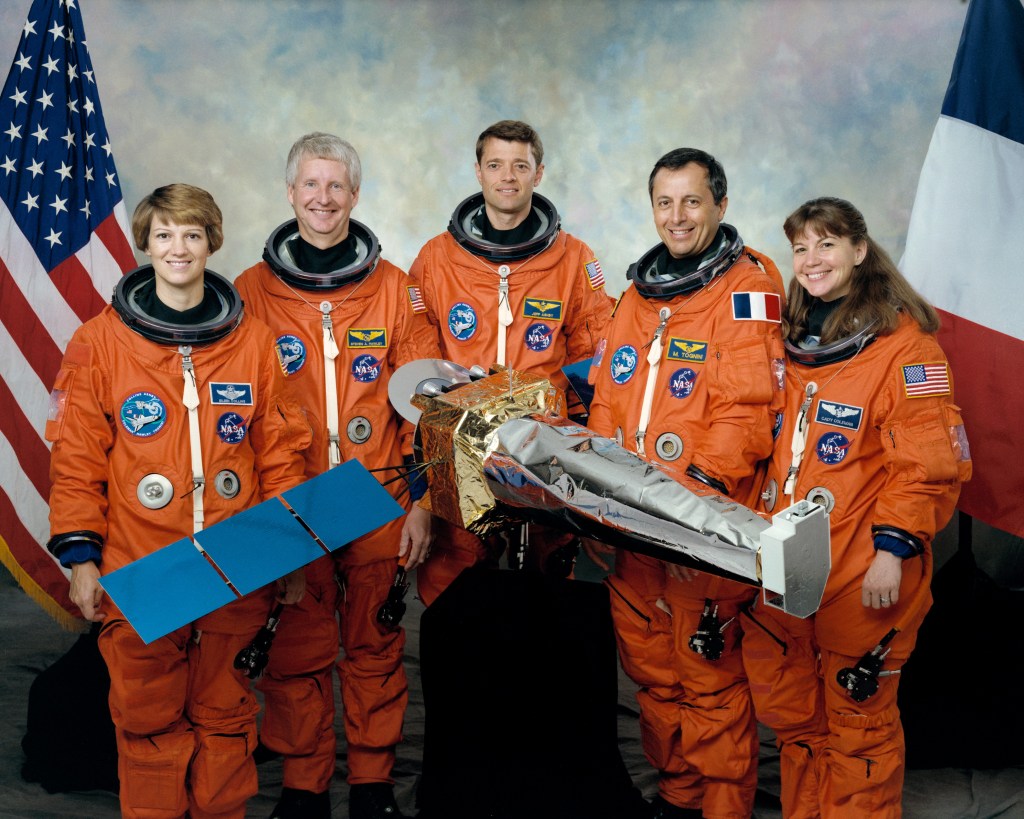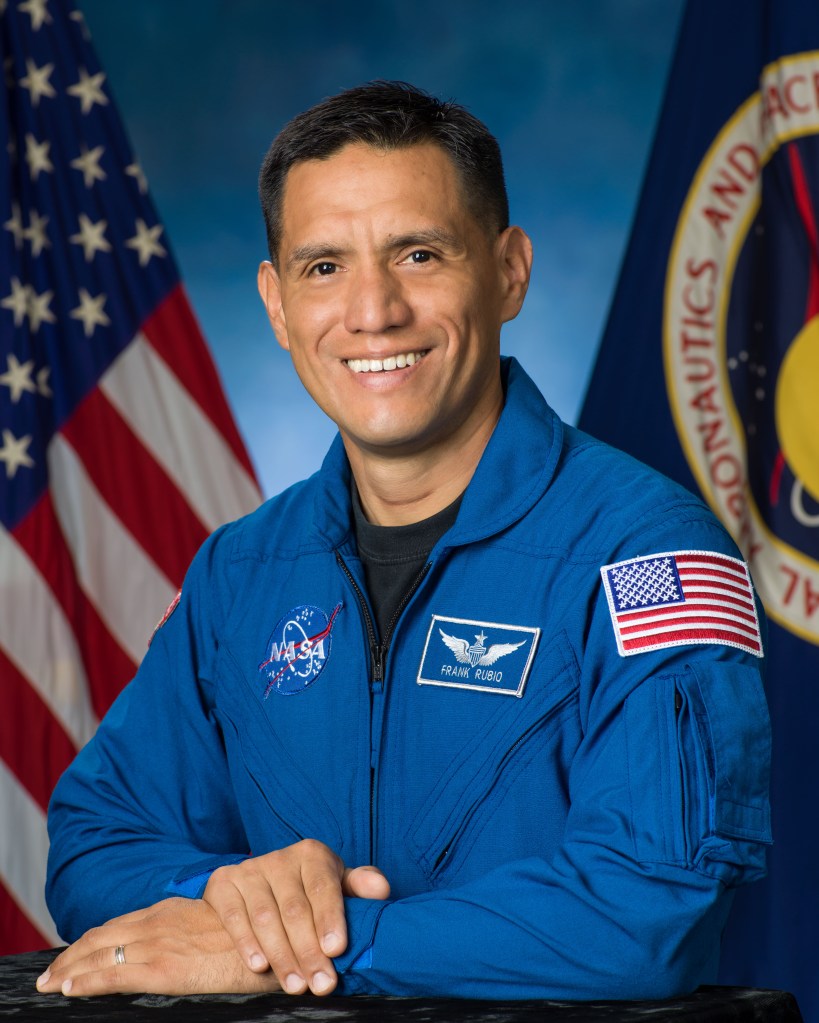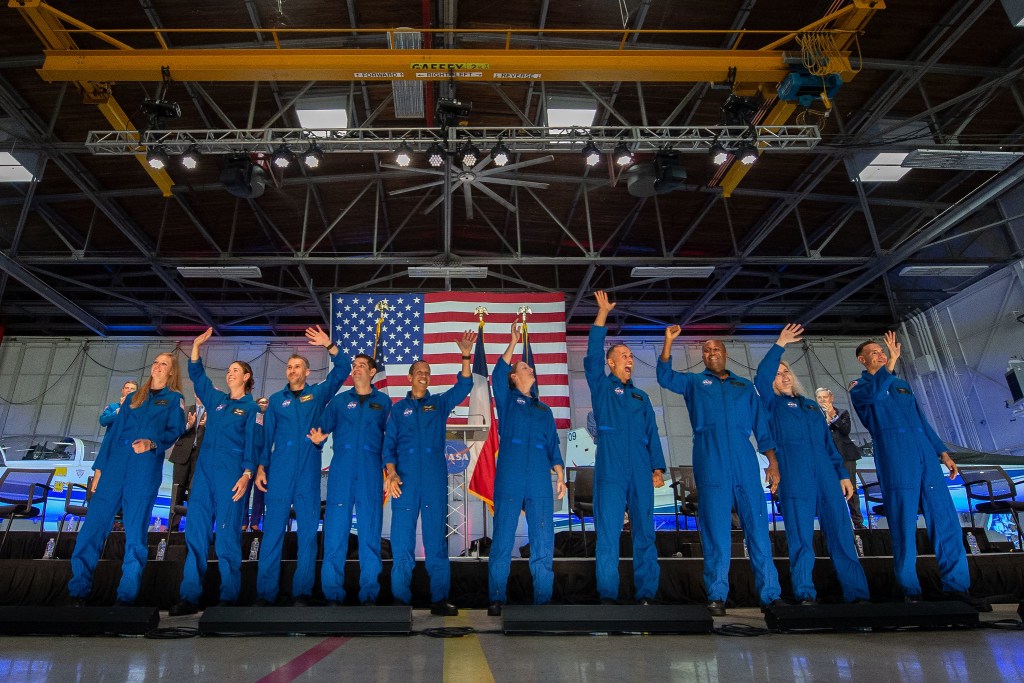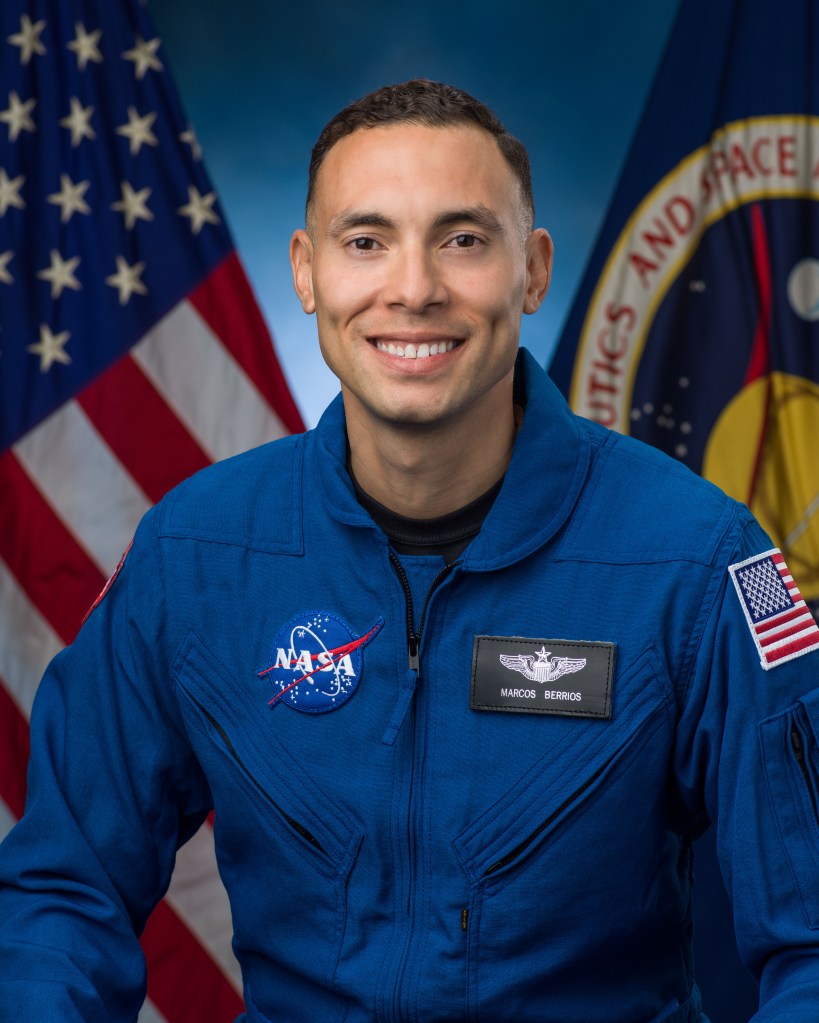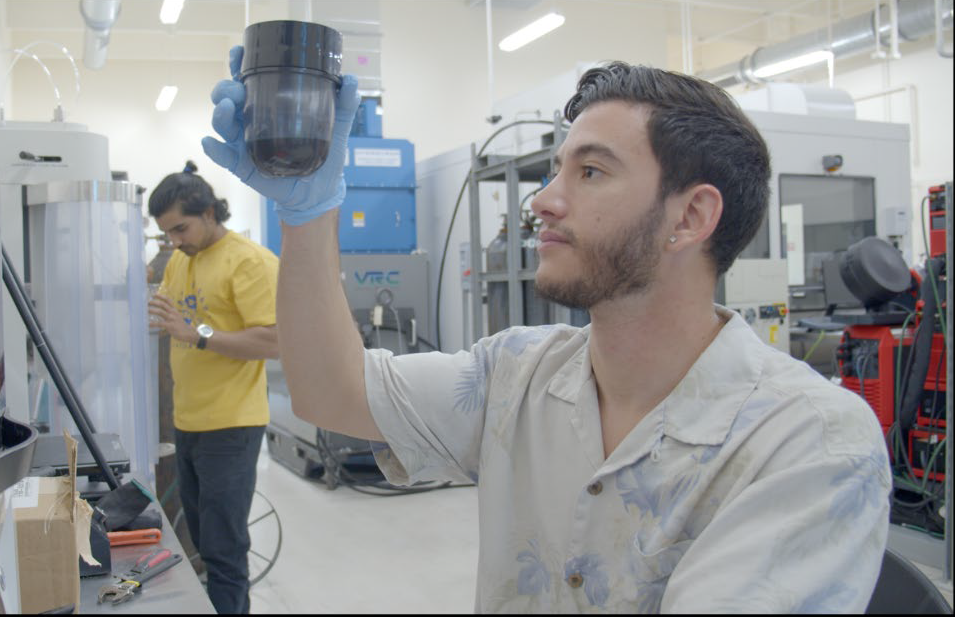
NASA has awarded nearly $1.5 million to academic, non-profit, and business organizations to advance state-of-the-art technology that will play a key role in the agency’s return to the Moon under Artemis, as well as future missions to Mars.
Twenty-four projects from 21 organizations have been awarded under NASA’s Dual-Use Technology Development Cooperative Agreement Notices, or CANs. The awardees also will receive assistance from propulsion, space transportation, and science experts at NASA’s Marshall Space Flight Center in Huntsville, Alabama.
“The Dual-Use Technology Development Cooperative Agreement Notice enables NASA to collaboratively work with U.S. industry and academia to develop needed technologies,” said Daniel O’Neil, manager, NASA Marshall’s Technology Development Dual-Use CAN Program. “Products from these cooperative agreements support the closure of identified technology gaps and enable the development of components and systems for NASA’s Moon to Mars architecture.”
These innovative projects include ways to use lunar regolith for construction on the Moon’s surface, using smartphone video guidance sensors to fly robots on the International Space Station, identifying new battery materials, and improving a neutrino particle detector.
The following is a complete list of awardees:
- Auburn University in Alabama
- Florida Institute of Technology in Melbourne, Florida
- Florida International University in Miami
- Fronius USA in Portage, Indiana
- Gloyer-Taylor Laboratories in Tullahoma, Tennessee
- Louisiana State University in Baton Rouge
- Morgan State University in Baltimore
- Nanoracks (Voyager Space) in Houston
- Northwestern University in Chicago
- Purdue University in West Lafayette, Indiana
- Southwest Research Institute in San Antonio
- Tethon 3D in Omaha, Nebraska
- University of Alabama in Huntsville
- University of California in Irvine
- University of Florida in Gainesville
- University of Illinois in Chicago
- University of North Texas in Denton
- University of Tennessee in Knoxville
- University of Tennessee Space Institute
- Victory Solutions in Huntsville, Alabama
- Wichita State University in Kansas
The Florida Institute of Technology, Northwestern University, and the University of Alabama were awarded funding for two projects each.
Funding was available for organizations focused on supporting entrepreneurial research and innovation ideas that could advance the commercial space sector and benefit future NASA missions.
Applications are now open for the 2024 solicitation cycle.
To learn more about NASA’s missions, visit:
-end-
Jimi Russell
Headquarters, Washington
202-358-1600
James.j.russell@nasa.gov
Ramon Osorio
Marshall Space Flight Center, Huntsville, Ala.
256-544-0034
ramon.j.osorio@nasa.gov


